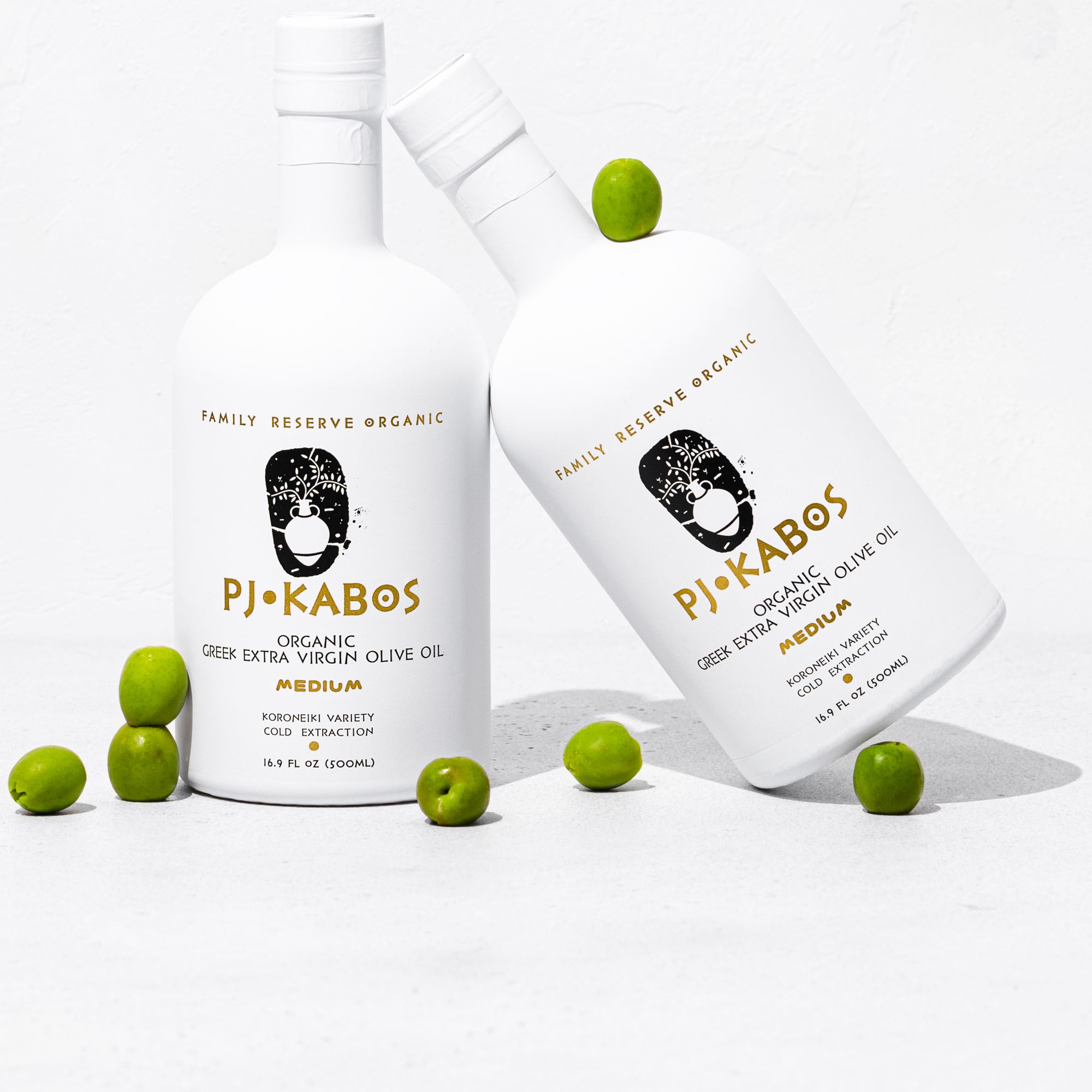Olive oil is highly prized for its rich flavor, health benefits, and culinary versatility. However, like all natural oils, it is susceptible to rancidity. This article delves into the world of olive oil rancidity, debunking myths and presenting facts to help you understand and prevent this phenomenon, ensuring the longevity and quality of your olive oil.
What is Rancidity?
Rancidity refers to the process whereby olive oil oxidizes and breaks down, leading to off-flavors, an unpleasant smell, and diminished nutritional value. Factors contributing to rancidity include light, heat, and air exposure.
Facts About Olive Oil Rancidity
1. Exposure to Light and Heat:
Olive oil is sensitive to light and heat, which can expedite the oxidation process. To mitigate this, store your olive oil in a cool, dark place, preferably in a dark glass or tin container.
2. Shelf Life:
Even the finest olive oils have a limited shelf life. Typically, olive oil retains optimal quality for 18-24 months from the time of bottling.
3. Taste and Smell:
Rancid olive oil may have a musty, stale, or crayon-like smell and a dull, greasy taste. Trust your senses; if it seems off, it likely is.
Fiction About Olive Oil Rancidity
1. Color Indicates Freshness:
The color of olive oil varies based on factors like olive type and geographical origin. Green or gold hues do not automatically indicate freshness or immunity from rancidity.
2. Freezing Prevents Rancidity:
While freezing olive oil preserves it for a time, it does not indefinitely halt the oxidation process. Once thawed, olive oil will continue to age and potentially turn rancid.
3. All Bottled Olive Oil is Fresh:
Not all olive oil on the store shelves is fresh. Check the harvest or “best by” date to ensure you’re getting a recently bottled product.
Preventing Olive Oil Rancidity:
1. Proper Storage:
Store olive oil in a cool, dark place, away from heat sources and sunlight.
2. Timely Use:
Use olive oil within a reasonable timeframe to enjoy it at its peak freshness and flavor.
3. Seal Well:
Keep the olive oil bottle tightly sealed to minimize air exposure.
4. Purchase Size:
Buy olive oil in quantities you will use within a few months to ensure it remains fresh.
Conclusion
Understanding the facts and fiction about olive oil rancidity is essential for maintaining the quality, flavor, and nutritional value of your oil. Proper storage, timely usage, and attention to olive oil’s characteristics can significantly mitigate the risk of rancidity, allowing you to consistently enjoy the rich, healthful benefits of this liquid gold in your culinary adventures.
PJ KABOS 'Family Reserve Organic - Medium'
High Phenolic and 2022 Gold-Award Winner.
Declared as 'One of the World's Best Olive Oils'.
Click here to shop.




